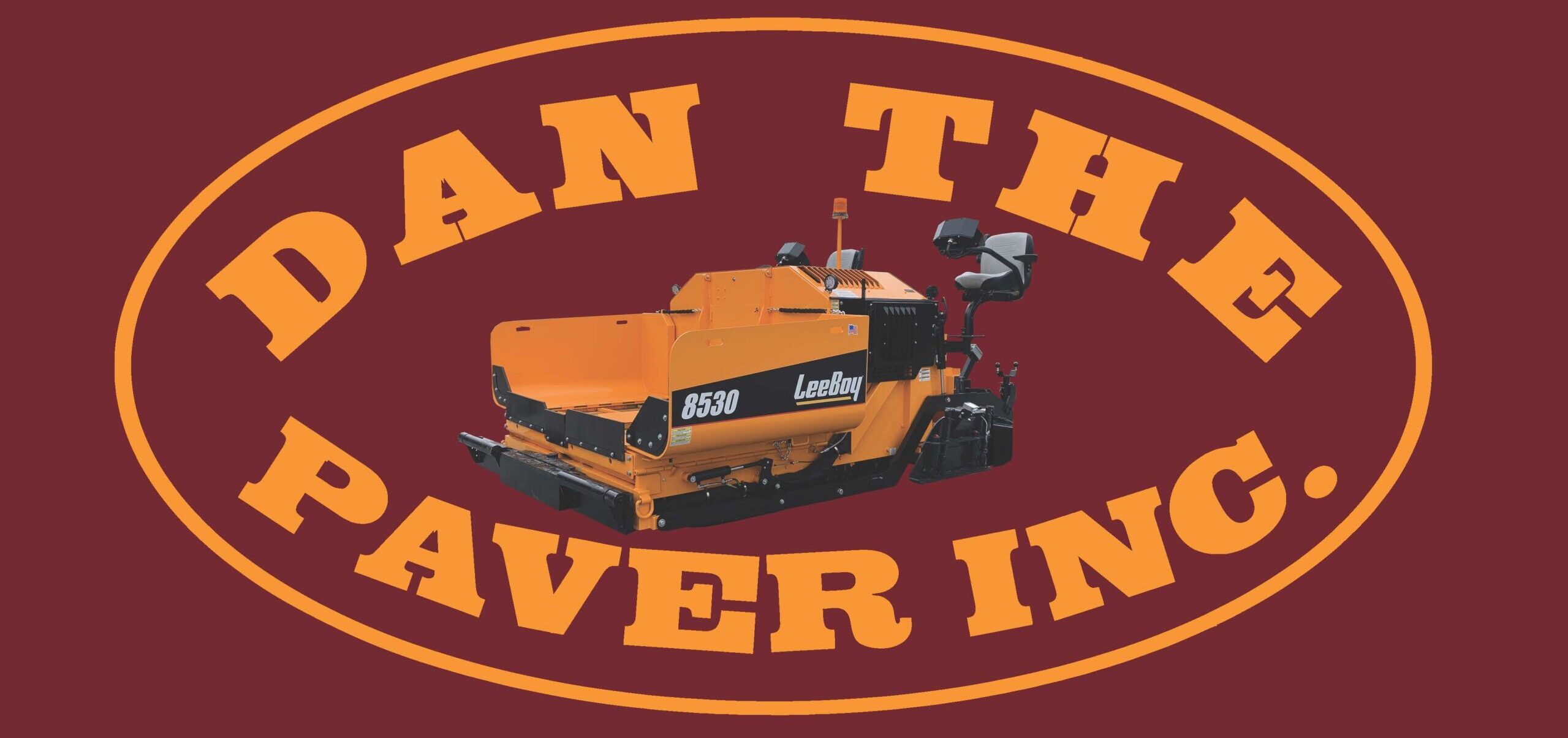When talking about asphalt paving, the material itself is flexible and cost-effective, this is why it is one of the most popular materials used for a driveway installation. If you’ve long wanted to construct a driveway in your commercial or residential property, then asphalt paving can be your best bet.
If you’re wondering why asphalt paving is a great option for driveway installation or construction, here’s what you need to know. Keep on reading to find out more.
Asphalt Paving in A Nutshell
In general, this driveway option is made up of stone (aggregate), sand, additives, and liquid (petroleum) asphalt. This sticky black substance called liquid asphalt is used as the binding material in asphalt paving. It is heated to over 300 °F and quickly installed before it solidifies.
Asphalt pavement is popular for its durability and resilience, and its strength makes it an excellent option for many paved surfaces. In most state and federal governments, they highly prefer asphalt pavement because of its reliability and lasting lifespan. Even residential and commercial owners heavily rely on this pavement option.
Asphalt Paving Over Concrete Driveway
Now, let’s take a look in greater detail at the difference between concrete and asphalt driveway. As you can see, concrete pavement is another popular option for paved surfaces. Know that both materials for asphalt and concrete paving include a mixture of sand and stone that are laid over a substrate of gravel. The adhesives used to hold these components are where the two differ: tar for asphalt and cement for concrete.
Here are several factors that make asphalt better than concrete for a driveway installation:
- Flexibility: It is more versatile than concrete, which makes it is less prone to wear and tear, such as cracking overtime.
- Durability: It is more durable. As compared to concrete, it is less prone to damage by rock salt and ice melt.
- Installation: It sets faster than concrete because it hardens by cooling rather than curing.
- Cost: It is generally more affordable when compared to concrete.
Installation for Asphalt Paving
When it comes to the installation, there are three options to do so:
- Installing over an existing driveway: A hot mix of asphalt is laid right on top of your driveway, which is ideal for an existing driveway that is still in top shape and good condition. You will only apply asphalt paving if the driveway is a little cracked or crumbled.
- Removing old driveway (on soil): This option entails removing the existing driveway and applying four to six inches of hot mix paving directly on the soil. Know that this option will be more laborious and time-consuming.
- Removing old driveway (on aggregate base): This method is where an aggregate stone base partially replaces some of the hot mix asphalt. From there, six to eight inches of aggregate will be put under three inches of asphalt. This option is said to be the most preferred method of all.
Conclusion
As you can see, asphalt paving has a better appeal, lasts longer, and can be installed quickly. If you want to install one for your driveway, invest in the asphalt materials and get a contractor to have a successful installation of your project.
If you’re looking for paving contractors in New Jersey, get in touch with us today for your free paving estimate! We’ll help you with all your paving needs.
